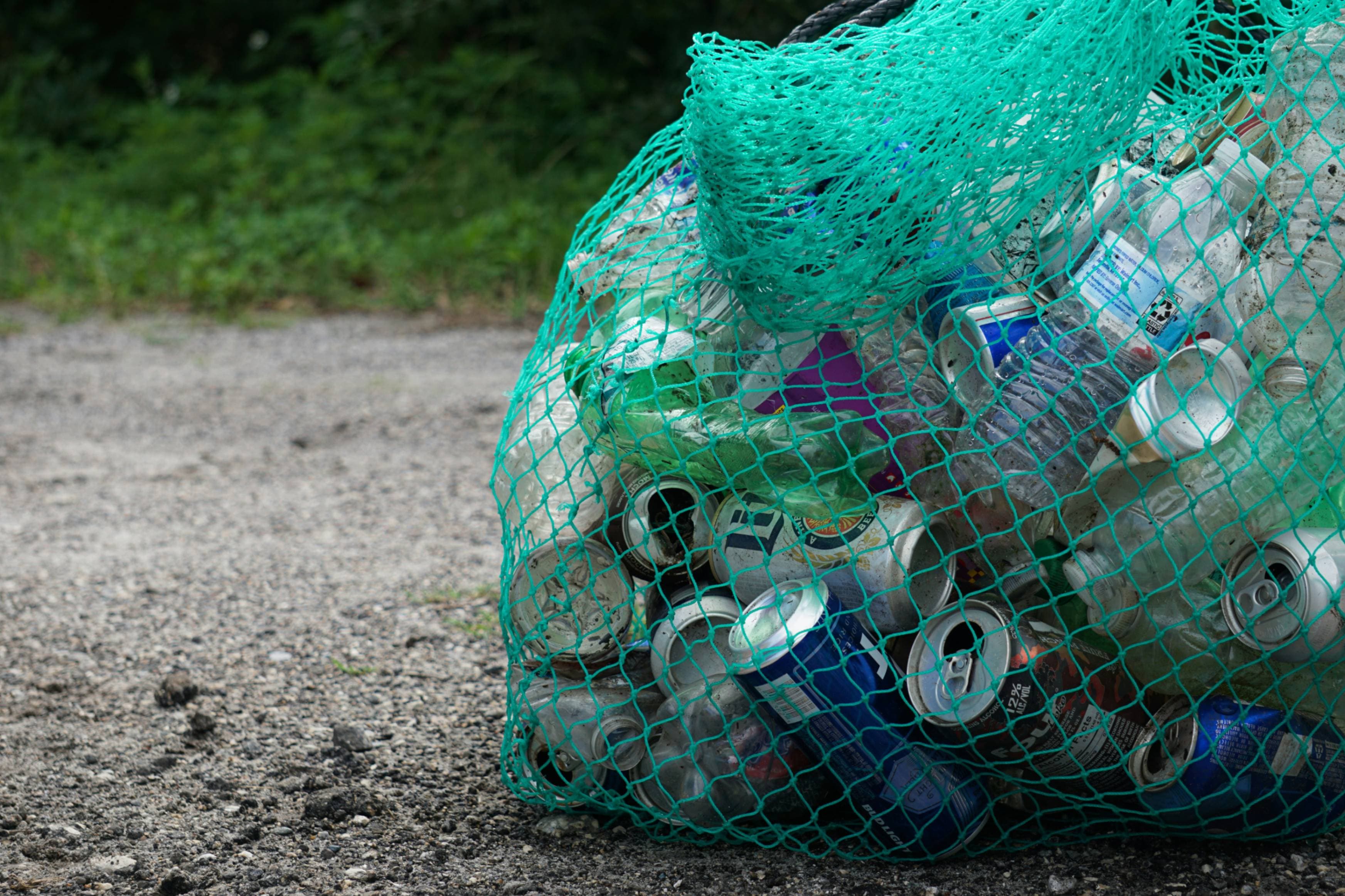
City Purchasing Power: Driving the Circular Economy Forward
Cities have a unique opportunity to lead by example in embedding circular economy principles into their internal operations and procurement practices. Municipal governments purchase large volumes of goods annually, from office furnishings to IT equipment. By adopting procurement policies that prioritize recyclable materials, modular design, and vendors offering take-back programs, cities can significantly reduce their environmental footprint. For instance, the City of Toronto’s Circular Economy Procurement Implementation Plan focuses on integrating circularity into their purchasing decisions, such as requiring vendors to outline the recyclability and lifecycle impacts of their products1. These types of measures not only reduce waste but also stimulate demand for sustainable products.
Municipalities can also incorporate deconstruction requirements into building codes, ensuring that materials from demolished structures are salvaged rather than landfilled. Portland, Oregon, for example, mandates deconstruction for houses built in 1916 or earlier, diverting up to 85 percent of materials from disposal and creating green job opportunities in the reuse sector2. Implementing these policies requires alignment between sustainability offices, procurement departments, and building permitting agencies. Cross-departmental coordination is key to institutionalizing circular economy practices across city functions.
Leveraging Extended Producer Responsibility (EPR) to Reduce Waste
Extended Producer Responsibility (EPR) laws shift the responsibility for end-of-life product management from municipalities to manufacturers, creating a strong incentive for producers to design for durability, reuse, and recyclability. Municipal leaders should advocate for state-level EPR legislation covering electronics, packaging, and textiles to ease local waste management burdens. Maine and Oregon have recently passed comprehensive EPR legislation for packaging, setting a precedent for other states and municipalities to follow3. These policies ensure that the true cost of waste is internalized by producers, not externalized to taxpayers.
At the municipal level, governments can also implement take-back ordinances requiring local retailers to accept used electronics or hazardous materials. San Francisco’s e-waste ordinance is a practical example, mandating that retailers selling electronic devices collect used items at no additional cost to consumers4. This reduces illegal dumping and ensures hazardous materials are disposed of properly. Municipalities should also partner with third-party stewardship organizations to oversee and enforce compliance, ensuring that take-back programs are effective and transparent.
Promoting Local Circular Infrastructure and Job Creation
Circular strategies are not just environmental imperatives; they are economic development tools. Cities can support the growth of local reuse, repair, and remanufacturing businesses by investing in infrastructure such as materials recovery facilities, repair hubs, and reuse centers. Austin’s [Re]Manufacturing Hub, for example, offers industrial space and incentives for companies focused on reuse and circular manufacturing, generating both environmental benefits and skilled jobs in the process5. These kinds of investments align sustainability goals with local economic development priorities.
Workforce development is another critical piece. Municipal governments can partner with community colleges and trade schools to develop training programs for repair technicians, deconstruction specialists, and materials recovery workers. These programs should be embedded in broader green jobs strategies to ensure that the transition to a circu
Read-Only
$3.99/month
- ✓ Unlimited article access
- ✓ Profile setup & commenting
- ✓ Newsletter
Essential
$6.99/month
- ✓ All Read-Only features
- ✓ Connect with subscribers
- ✓ Private messaging
- ✓ Access to CityGov AI
- ✓ 5 submissions, 2 publications
Premium
$9.99/month
- ✓ All Essential features
- 3 publications
- ✓ Library function access
- ✓ Spotlight feature
- ✓ Expert verification
- ✓ Early access to new features
More from Sustainability
Explore related articles on similar topics





